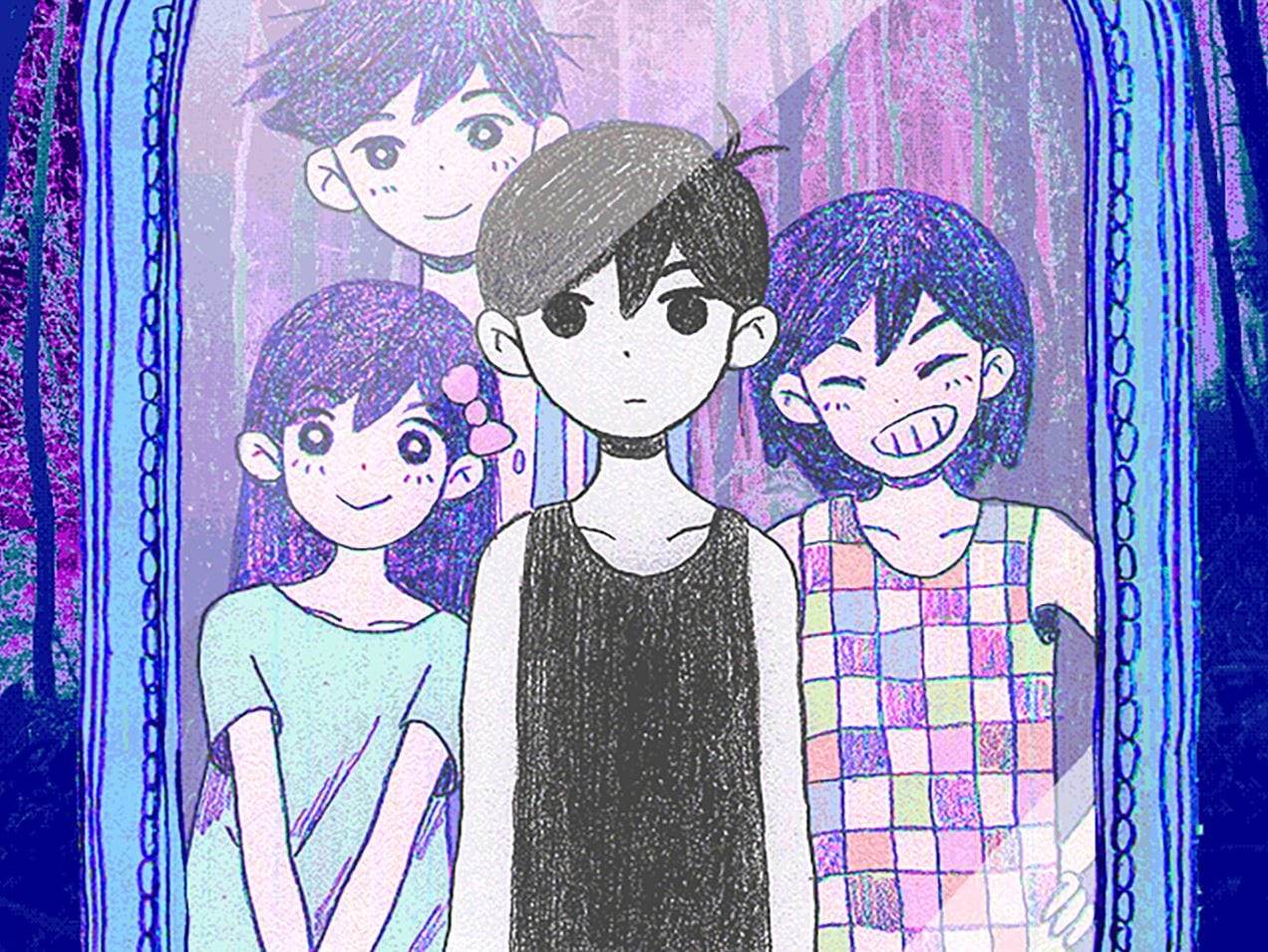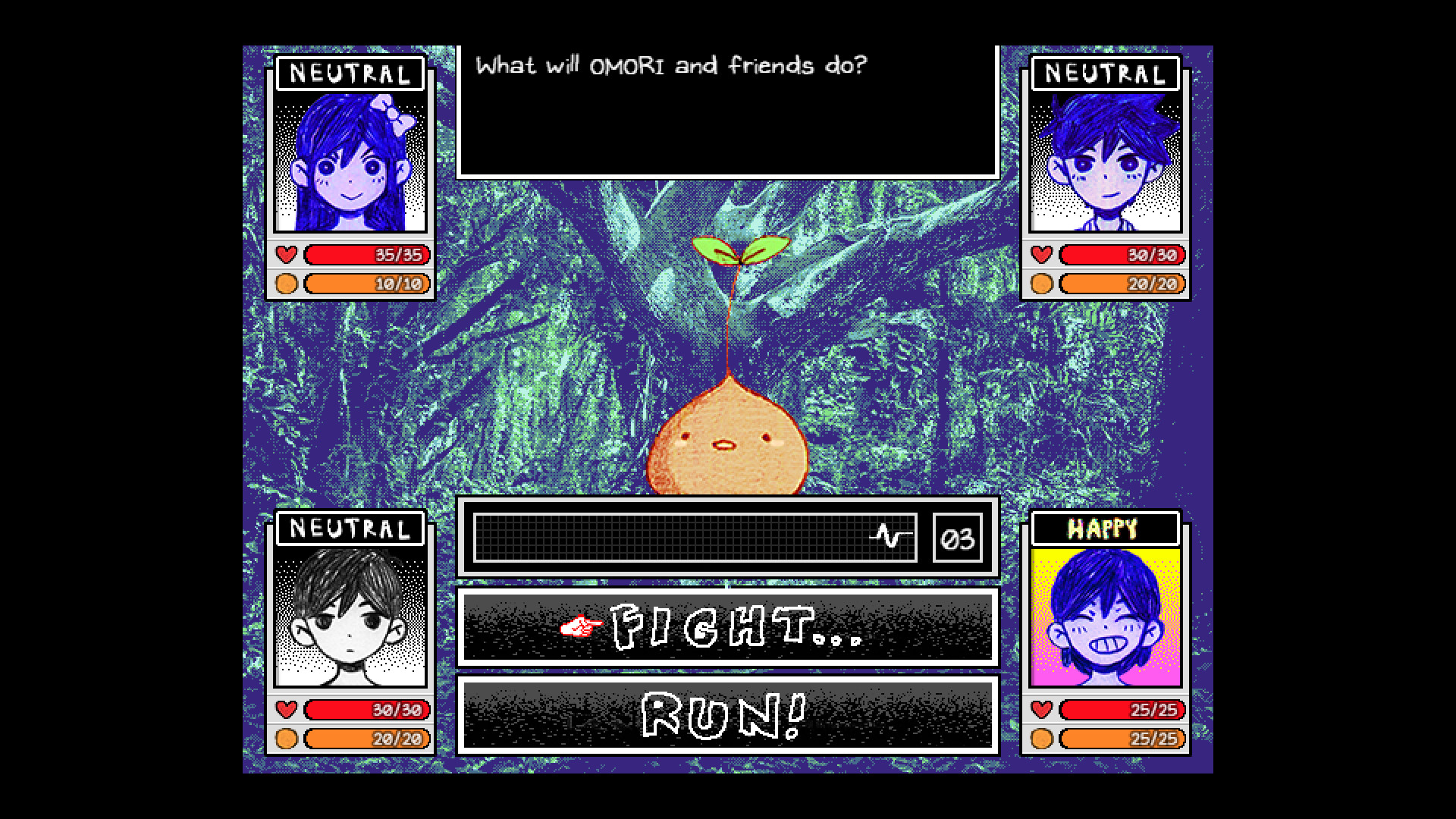2024 is the Year of Omori
Waiting for something to happen? Surprise, it has!

Popular indie game Omori turned three years old in December 2023. To commemorate the occasion, Omocat, in March 2024, posted a high-quality recording of the Game Engine orchestra performing the soundtrack. Kota Kawai, the first violin chair for Game Engine, did the arrangements. Bo En, the composer of the trailer song "My Time," came for an encore to perform an orchestral version of his showstopper. You can view the full concert online on Omocat's YouTube.
But wait, there's more! Omocat also announced on her YouTube channel that an Omori manga adaptation has a Spring 2024 release date. It will be serialized in Kodansha's Monthly Afternoon magazine, with Nui Konoito doing the art. Any English translation or collection is TBD, but Omocat has notified international audiences of her social media. That the adaptation will be "seinen," or aimed at young adult men, reminds the average player that this game is not for kids and is definitely a tragic horrorfest.
It's not the first time a video game has received a manga adaptation: Yume Nikki, one of Omori's inspirations, received one as well. Tokyopop also released manga volumes based on the Kingdom Hearts franchise.
The surprise comes from the fact that Omori, despite many production delays and controversies, has become a sleeper hit for both new players and those following the initial Kickstarter. It's not an established franchise from a company like Disney, but rather an indie success story that adapted with the RPGMaker updates and could have easily fizzled out before release. Another surprise is that Omocat initially conceived Omori as a graphic novel before adapting it to video game form. The manga adaptation will probably feature the closest version to her original vision.
RPG featuring mental health discussions
Omori is an RPG about a boy choosing between his dream world and reality. The title character is the hero of Headspace, while the dreamer Sunny is a recluse coming to terms with a great tragedy. Their different quests intertwine and ask if people can fix their biggest mistakes.
While Omori is not my typical game, owing to the multiple bad endings, the long runtime, and the sheer amount of self-harm depicted, the story drew me in when I saw a friend play the full Main Route. I wanted to know what happened to Mari, and why Basil kept disappearing into the dream world.
How did it persist despite the production troubles and the fact that it took six years to make instead of two? Simply put, the story and characters remain solid. One can argue about the character designs, the length of the game, and how the console versions only updated one route, but you can go back to the story and make linear connections about what happens when, and trace character motivations to certain actions. While the imagery of self-harm and mental illness is triggering, the game uses these moments with respect rather than shock value, to depict abstract representations of guilt and self-isolation.

Omori himself is a living example of character motivation linked to action, and he's not even real; he serves as the dream counterpart to Sunny, a traumatized teenager who barely functions within the real world. We see Omori as a leader who does not react emotionally to others within Headspace. He encourages his dream friends to follow his lead and to go on many adventures to fulfill their quest of finding Basil. There's a reason that Mari, Omori and Sunny's sister, stays on a picnic blanket and you can't find her anywhere in the real world. When we find out why, and what Omori's true intentions are, the pieces come together in a devastating climax on the Main Route.
Expectations for the concert and manga adaptation
The orchestral version of Omori more than surpasses expectations. Musical instruments take on the hard duty of replicating MIDI-generated sound effects and, in some cases, really transitioning trippy pronto rhythms from simple waltzes. The audience responded accordingly, as you can hear by raising the volume on the video.
The big question for the manga is how it will handle the two game routes: Main and Hikikomori. A player decides which route they will play, and has multiple save slot options in case they want to explore. It could even become a completely new story that combines both routes. We won't know until we see the first few chapters.
2024 is the year for Omocat. Each new addition to Omori expands the world and reminds people why it remains a fascinating story.
Comments
Sign in or become a SUPERJUMP member to join the conversation.